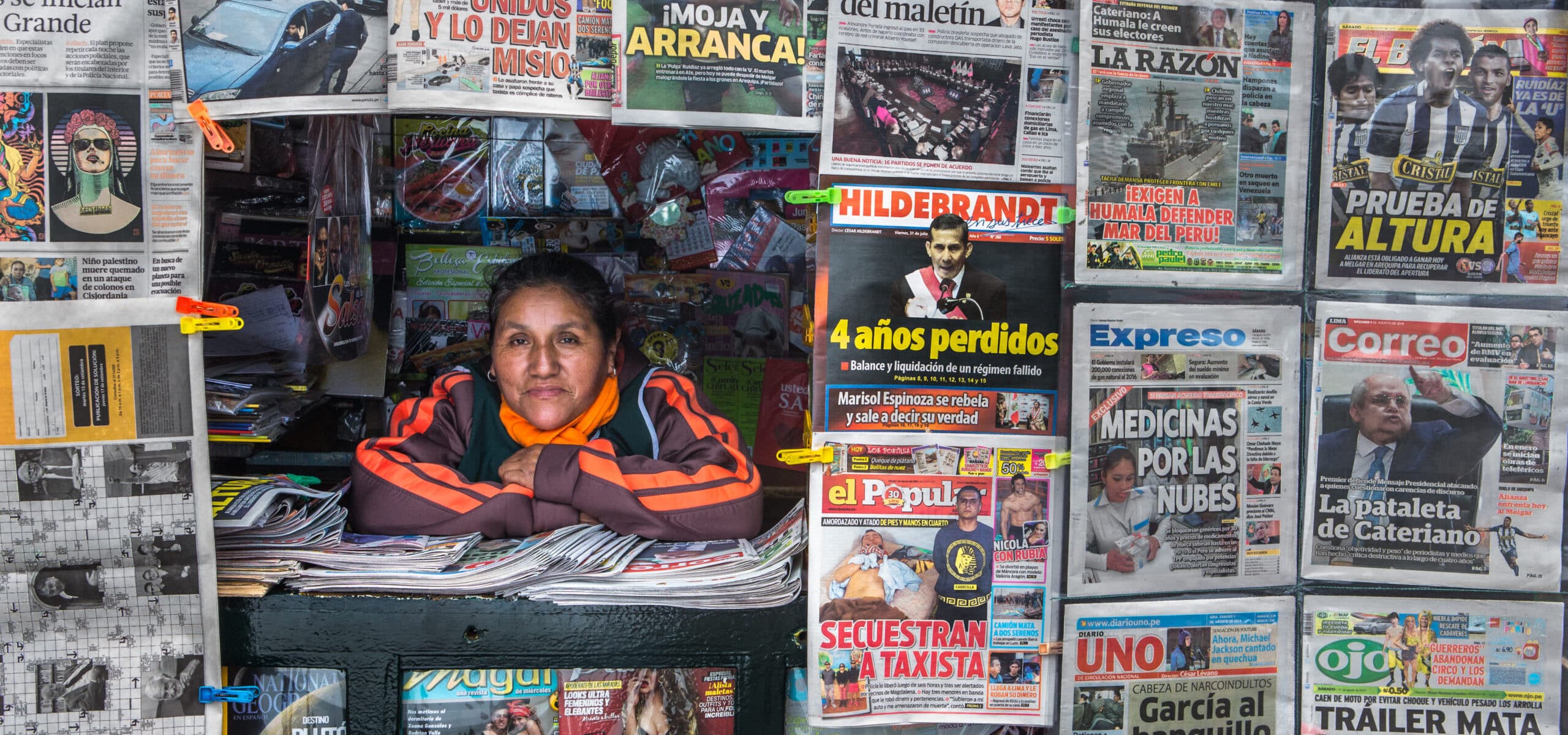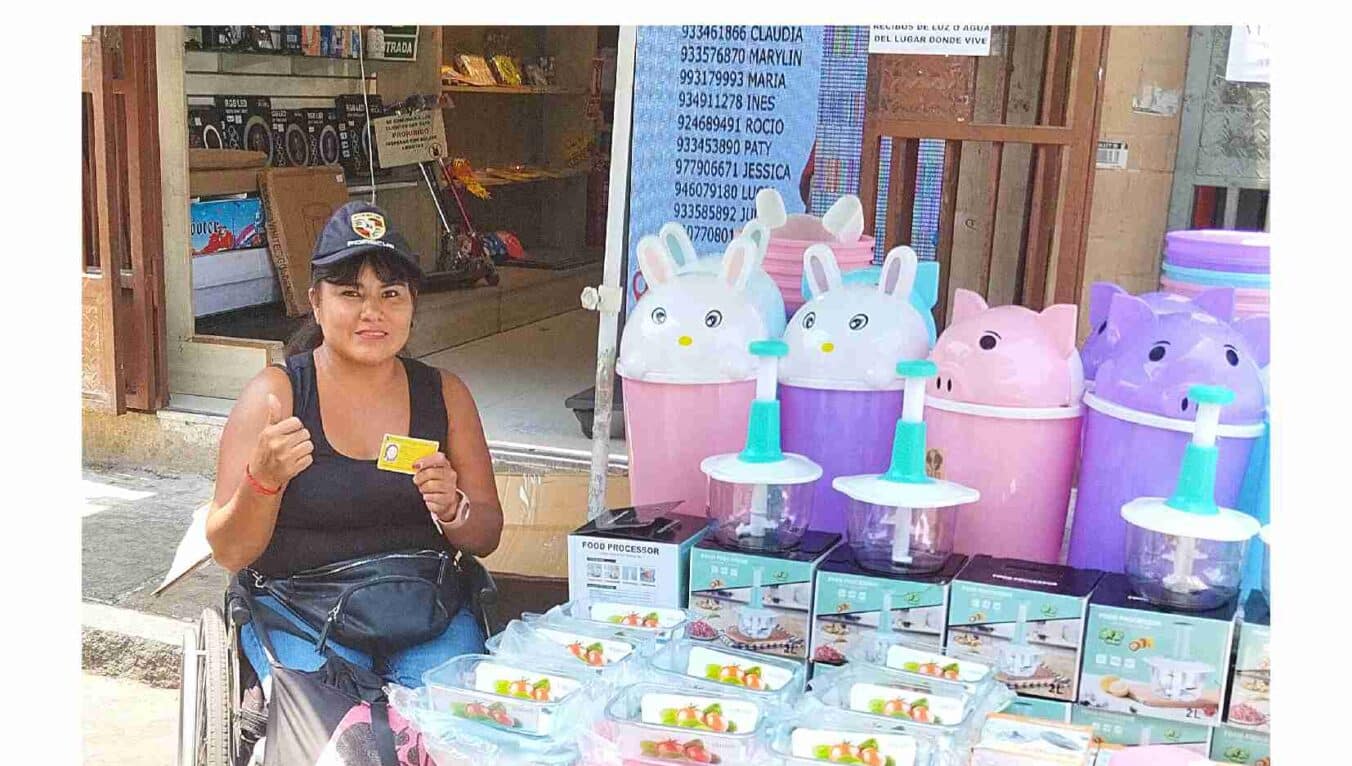About Our Work in Lima
In Lima, since 2010, WIEGO has been supporting a local network of worker organizations representing street vendors, market traders, domestic workers, waste pickers, market porters, newspaper vendors and shoe shiners to secure increased rights and protections and supportive policies.



